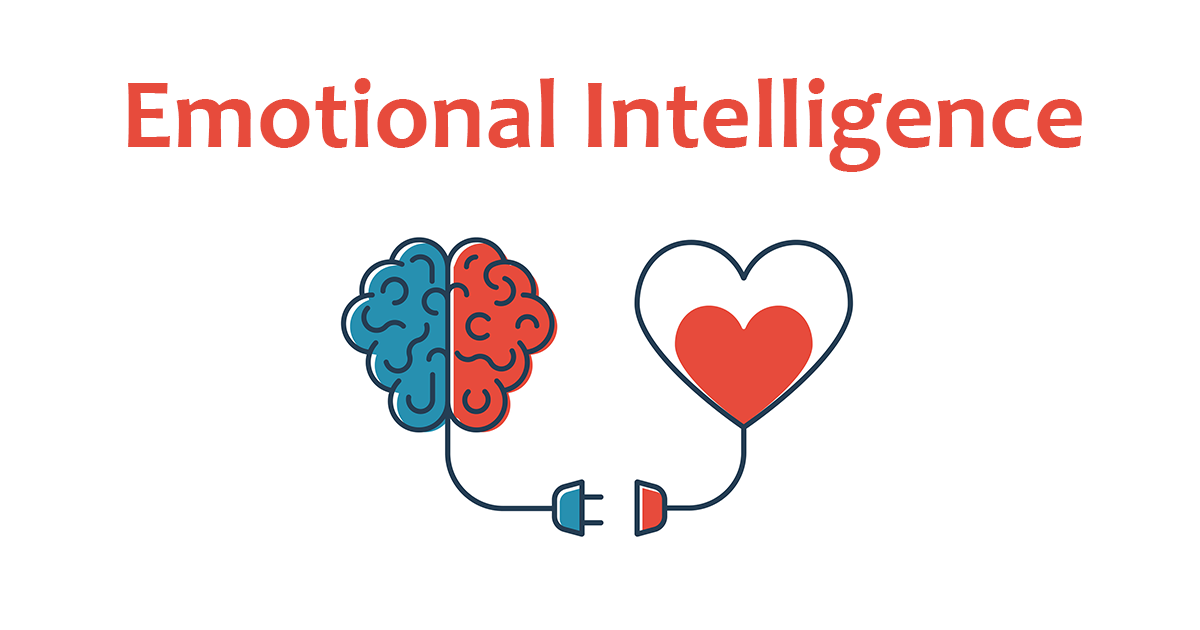As an NNP, possessing clinical skills is of critical importance for fulfilling your role effectively. Yet, there’s another crucial component in job success: emotional intelligence. While your clinical proficiencies will open doors, it’s emotional intelligence that will help you excel in your career long-term and navigate the complexities of interpersonal dynamics successfully.
What Is Emotional Intelligence?
Emotional intelligence, often abbreviated as “EI” or “EQ” for emotional quotient, refers to your ability to recognize, understand, and manage your emotions and those of others around you. There are several key components to EI:
- Self-awareness: Your ability to know your own emotions, strengths, weaknesses, goals, and values.
- Self-regulation: How you manage your emotions, impulses, and reactions.
- Social awareness: The ability to understand and empathize with the emotions and needs of others.
- Relationship management: How you build and maintain healthy relationships, communicate, and have a positive influence on others.
How Does Emotional Intelligence Factor into Job Success?
Emotional intelligence contributes to a successful career in many ways. For one, it’s essential for communication — a skill that’s required daily in the NICU and other healthcare settings. Since you’re constantly interfacing with fellow nurses, nurse leaders, and patients’ families, having strong emotional intelligence will enable you to communicate through these interactions successfully. NNPs with high emotional intelligence listen actively, express themselves clearly, and are sensitive to others’ feelings, which can be a critical quality in an environment where emotions may run high. These characteristics will enable you to foster trust and understanding with patients’ families, as well as your fellow nurses.
Having high emotional intelligence can set you up for success in other ways, too. It can make you more adaptable and resilient, enabling you to stay calm under pressure and navigate changes with success. You’ll also recover from setbacks successfully when you’re equipped with strong self-awareness, regulation, and relationship management skills. These qualities will likewise enable you to collaborate with your team successfully, resolve conflicts with tact and diplomacy, and build strong leadership skills should you choose to advance your career.
How to Cultivate Emotional Intelligence
Fortunately, emotional intelligence isn’t a talent that you either have or don’t. Like other skills, it’s a quality that can be honed and strengthened over time with practice. Here are some strategies for developing strong emotional intelligence.
- Practice self-reflection: Consider your interactions with others and identify potential areas for improvement.
- Listen actively: Focus on the person with whom you’re speaking and make eye contact. Avoid interrupting and aim to understand their point.
- Regulate your emotions: Learn to recognize and manage your emotions with techniques such as mindfulness and deep breathing. When necessary, reframe negative thoughts to achieve emotional balance in difficult situations.
- Empathize with others. Put yourself in others’ shoes to better understand their experiences. Having empathy can foster connection and help you build trust with your colleagues.
- Seek feedback. Ask coworkers, mentors, and supervisors to provide any useful insights about your performance, and use their feedback as an opportunity for growth and improvement.
If you’re a neonatal nurse practitioner seeking a career change, allow Ensearch to help you find the right employer for your needs. As specialists who work exclusively with NNPs and their employers, we’ve helped hundreds of candidates find their dream jobs thanks to our extensive contacts in NICUs all throughout the US. Get started with our free career consultation today.

